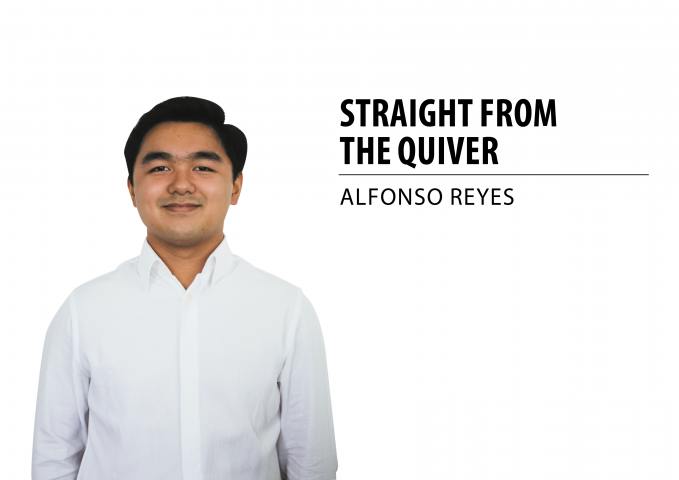Government response to the COVID-19 pandemic has raised many questions around the competence of the country’s leaders. It seems that more focus was given to silencing critics instead of the real and more pressing issue: deterring the further spread of the virus. Some critics of the administration have once again questioned how these officials were elected in the first place.
A go-to explanation to interpret all of this is to blame the majority of the electorate, who some claim are uninformed or uneducated. But the current state of the Filipino masses is not something they brought upon themselves; rather, it is a by-product of a rotten system that has been allowed to persist.
Access to quality education remains a challenge today. Students from wealthier families receive higher quality education from excellent private schools, while those from less fortunate families struggle to complete their education due to financial issues, even with the low tuition fees of public schools. Overcrowded classrooms and poor teacher performance, among other factors, also diminish the added value of completing one’s education in many poverty-stricken areas.
Among ASEAN nations, the Philippines has the lowest budget allocation for education, highlighting how it has simply not been part of the government’s priorities.
Furthermore, government initiatives such as the Pantawid Pamilyang Pilipino Program (4Ps), a conditional cash transfer program, have barely been able to help the poor meet their basic needs and eliminate the poverty trap. In 2017, researchers from the University of the Philippines Los Baños found that majority of the respondents do not believe that the 4Ps had any significant effect in improving their socio-economic condition. The dearth of sustainable livelihood sources led to a lack of nutrition, education, and healthcare, and to an extent, a susceptibility to social discrimination
The blame for this growing inequality arguably falls on the shoulders of many politicians, who promise to serve the needs and uphold the rights of their constituents, but fail to deliver once they are in office.
It’s hard not to see why this is the case. Electoral campaigns have mostly played out like a circus act—a roadshow full of performances that serve to entertain, rather than inform, the masses. These enticing performances, I believe, are what draw people in and establish name recall for the candidates. While some candidates do maximize their campaigns to highlight platforms and planned projects, they are often less successful on the ballot compared to those who instead woo a crowd with song and dance.
Even politicians who have been previously found guilty of corruption, or have failed to push through with their promises during their previous terms, somehow still find their way back into office. And when they are already elected, the cycle repeats and promises remain unkept, but their popularity endures.
With this depressing reality, a sense of hopelessness floods the minds of those who vote based on credibility. The options are limited, and the easiest way to explain how these things happen in our country is to blame the poor, since they make up the majority of the electorate. But this endless blame game does more harm than good. It drives animosity, to the point where anything you say will likely fall on deaf ears. If we are truly concerned about the state of the nation, then we must find a way to engage in meaningful dialogue with our countrymen and to demand for better public service, rather than shame those who are only victimized by the broken system.
We cannot blame the poor for not being forward-thinking. Experiments conducted in 2012 by a research team from the United States found that a scarcity in resources influences the attention poor individuals give to problems as they prioritize their everyday concerns and neglect other issues, resulting in what we would perceive as short-term decision-making. How then can we expect them to think far ahead when their main concern is surviving until tomorrow?
A 2017 study found similar results in a Bangladeshi community, concluding that low-income individuals tend to make short-sighted decisions. However, the researchers also found that if they build a greater degree of trust in their community, these individuals would make better financial decisions. It is when we understand their conditions that we grasp the extent of how wretched society is, and how much the government neglects its constituents.
Instead of branding them as intellectually incompetent, it should be our duty to fight for them. Earnestly understanding their vantage point and fighting alongside them may be the way for the current system to end. It seems like a very long road for this country to ever change, but we
shouldn’t be intimidated. The struggle for structural reforms must continue for it to be possible someday.

